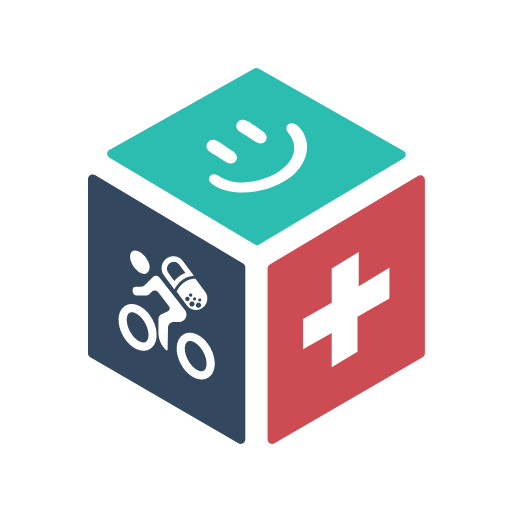Generic Information
EFAVIRENZ
Efavirenz in combination with other antiretroviral agents is indicated for the treatment of HIV-1 infection. This indication is based on analyses of plasma HIV- RNA levels and CD4 cell counts in controlled studies of up to 24 weeks in duration. At present, there are no results from controlled trials evaluating long term suppression of HIVRNA with Efavirenz.
Drugs for HIV / Anti-retroviral drugs
Efavirenz is a non-nucleoside reverse transcriptase inhibitor (NNRTI) with activity against HIV-1. It blocks the RNA- and DNA-dependent polymerase activities including HIV-1 replication.
Adults: The recommended dosage of Efavirenz is 600 mg orally, once daily, in combination with a protease inhibitor and/or nucleoside analogue reverse transcriptase inhibitors (NRTIs). Pediatric Patients: Following table describes the recommended dose of Efavirenz for pediatric patients 3 years of age or older and weighing between 10 and 40 kg. The recommended dosage of Efavirenz for pediatric patients weighing greater than 40 kg is 600 mg, once daily. 10 to <15 kg: 200 mg 15 to < 20 kg: 250 mg 20 to < 25 kg: 300 mg 25 to < 32.5 kg: 350 mg 32.5 to < 40 kg: 400 mg 40 kg: 600 mg It is recommended that Efavirenz be taken on an empty stomach, preferably at bedtime.
Additive CNS effects w/ psychoactive drugs. May alter plasma warfarin concentrations. May reduce plasma concentrations of HIV integrase inhibitors (e.g. dolutegravir), other HIV NNRTIs (e.g. etravirine), HMG-CoA reductase inhibitors (e.g. simvastatin). Plasma concentrations of efavirenz is increased and that of voriconazole is reduced when given concomitantly. Reduced plasma concentrations w/ rifampicin.
Hypersensitivity. Severe hepatic impairment. Lactation. Concomitant admin with terfenadine, astemizole, cisapride, midazolam, triazolam, pimozide, bepridil, ergot alkaloids, St John8s wort.
Rashes, psychiatric or CNS disturbances, amnesia, agitation, confusion, dizziness, vertigo, headache, euphoria, insomnia or somnolence, impaired concentration, abnormal thinking or dreaming, depersonalisation, convulsions, hallucinations, nausea, vomiting, diarrhoea, pancreatitis, fatigue, hepatic failure, photoallergic dermatitis; autoimmune disorders (e.g. Graves8 disease, polymyositis, Guillain-Barre syndrome), osteonecrosis. Accumulation or redistribution of body fat (lipodystrophy) including central obesity, peripheral and facial wasting, buffalo hump, breast enlargement, cushingoid appearance. Metabolic abnormalities e.g. hypercholesterolaemia, hyperglycaemia, hypertriglyceridaemia, hyperlactataemia, insulin resistance.
Category D: There is positive evidence of human fetal risk, but the benefits from use in pregnant women may be acceptable despite the risk (e.g., if the drug is needed in a life-threatening situation or for a serious disease for which safer drugs cannot be used or are ineffective). Lactation: Efavirenz may pass through breast milk and cause serious harm to the baby. It should not be used during lactation.
Symptoms: Increased adverse CNS effects including involuntary muscle contractions. Management: Supportive and symptomatic treatment. May administer activated charcoal.
Patient with history of seizures and psychiatric disorders; acute porphyria. Patients receiving voriconazole or rifampicin (weighing 850 kg). Discontinue if severe rash or fever develops. Moderate hepatic and severe renal impairment. Childn. Pregnancy.
Store at 258C.
